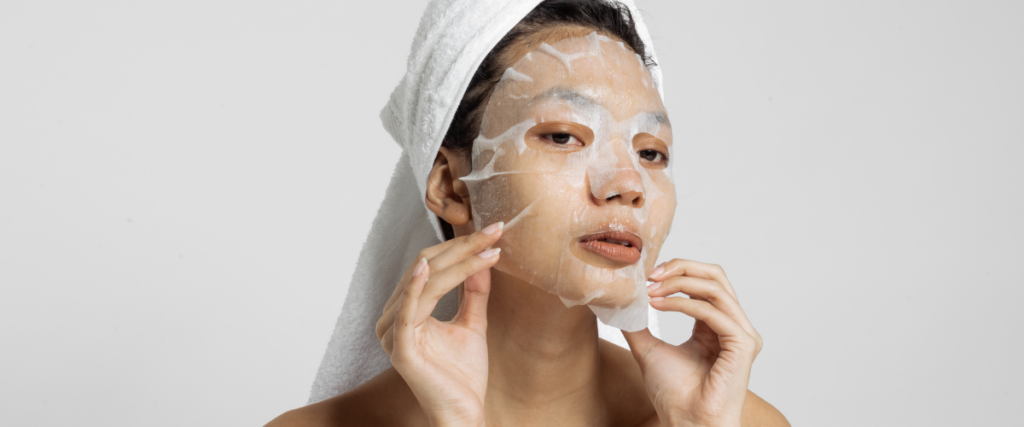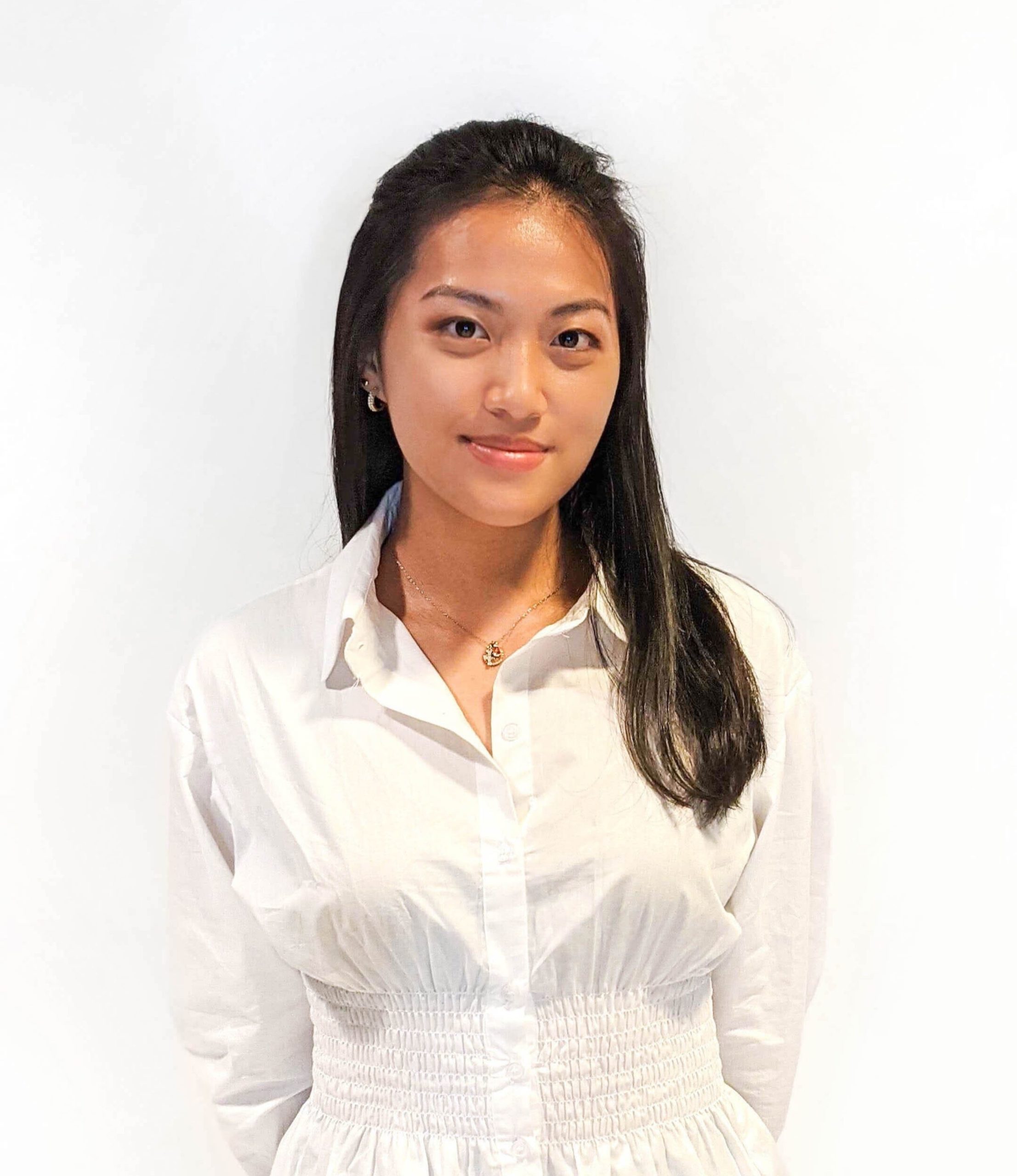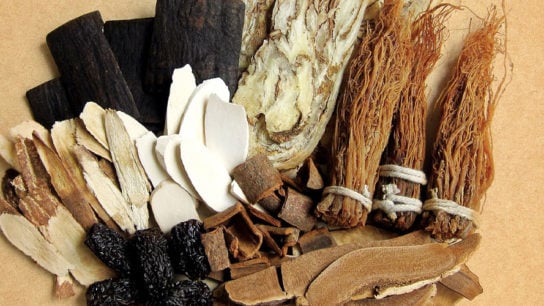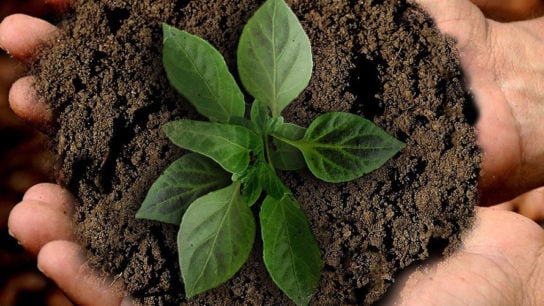Lenzing’s VEOCEL™ is an eco-friendly, sustainable nonwovens fibre brand, striving to make an eco-conscious impact on the global beauty industry. Hive Life spoke to Steven Tsai, the Senior Regional Commercial Director of Nonwovens Asia, to dive into VEOCEL ’s innovation, values, and the future of sustainable beauty in Asia.
The global beauty mask market is projected to reach US$8.8 billion by the end of the year, producing enough waste to generate a US$40 billion loss per year. Not only is this unsustainable for businesses, but also for our planet. The Lenzing Group emphasises utilising natural resources to develop fibres for brands and retailers across the fashion, beauty, and hygiene industries. With a drive to make a difference through sustainable and eco-friendly products, Lenzing launched its flagship nonwoven brand, VEOCEL™ , striving to reduce the ecological strain from the fibre industry by introducing sustainable fibres to the nonwovens market.

Currently already widely developed in Austria, Lenzing’s VEOCEL technology is making its entry into the Asian market where it anticipates to meet high demand for personal hygiene products. As this market continues to grow post-pandemic, Southeast Asia holds strong potential for growth driven by the rise of environmental consciousness among younger consumers of beauty and hygiene products.
Steven Tsai, the Senior Regional Commercial Director for Nonwovens Asia, Lenzing speaks on the introduction of VEOCEL into the Southeast Asian market, trend forecasts, and gives insight into how Lenzing plans to expand its impact on environmentally conscious production.

Could you introduce VEOCEL to us?
VEOCEL is Lenzing’s flagship specialty nonwoven brand. Derived from renewable raw material wood, VEOCEL cellulosic fibres help to maintain the balance of the environment and provide sustainable solutions to improve the quality of life for customers and care for everyday consumer needs. All VEOCEL branded fibres have been certified as biodegradable and compostable – meaning they have the ability to safely break down into raw materials and fully revert back into the environment.
What makes VEOCEL unique compared to traditional facial sheet mask materials?
Sustainable beauty care products have been gaining more prevalence in Southeast Asia for a while – especially due to the rise of environmental consciousness among younger consumers. This trend is driving higher demand for products which use sustainable materials such as VEOCEL fibres. VEOCEL Lyocell fibres are currently used in Asian facial sheet mask brands like Sensatia Botanicals in Indonesia and Watsons’ HA facial sheet mask collection across Asia.

How do you predict VEOCEL will perform against its Asian competitors?
As the first brand to introduce carbon neutral VEOCEL Lyocell fibre for the nonwovens industry, Lenzing’s VEOCEL is leading by example.
As of June 2021, VEOCEL Lyocell fibres are available as certified CarbonNeutral™ products with a net-zero carbon footprint according to The CarbonNeutral Protocol. These VEOCEL branded fibres reinforce Lenzing’s commitment to the Science Based Targets initiative around reduction of total global carbon emissions, a quest driven by the UN Paris Agreement.
It may be easy for brands to consider the transition to 100% cellulosic fibres as the final goal to become sustainable. While this is a very important step, it is only the first. The long-term goal with the transition towards sustainability is to reduce the environmental footprint of every product to essentially zero.
The market for eco-responsible and sustainable wellness in Hong Kong still has room for growth, how do you see the market evolving?
Similar to other Asian cities, we observed a growing interest from Hong Kong consumers opting for eco-friendly product options and lifestyles. With the ever-increasing awareness of the importance of sustainability, more consumers now know how to choose better products, which are not only good for themselves, but also the environment.
As a company that truly cares about the environment, we will continue to strive for ways that can better preserve nature and offset environmental impacts. Furthermore, as consumer preferences for more sustainable alternatives grow, we expect to see accessibility increase through widespread availability across the local market.

Has self-care and skincare routines become a higher priority for consumers since the start of the pandemic?
Self-care and skin wellbeing are extremely important to one’s overall health – both physically and mentally. Since the beginning of the pandemic, we have observed a significant behavioural change in consumers. As people spend more time at home, they are prioritising self-care, causing them to invest in products which will improve their personal well-being.
In Asia specifically, we are seeing high growth potential in the beauty care segment with an increased demand for facial sheet masks and facial cleansing wipes, as well as in the hygiene market where more consumers are prioritising their health and cleanliness.
Reflecting on the past two years, was VEOCEL’s performance what you anticipated?
VEOCEL recorded significant growth in the last year, compared to the pre-pandemic period. We expect that the high demand for personal hygiene products in Asia will continue, even after the pandemic’s immediate impact lessens, whilst the beauty care segment is also forecasted for high growth.
In a post-pandemic Southeast Asian economy and cosmetics industry, how do you expect consumer behaviour will shift?
In Southeast Asia, the effects of the pandemic are likely to be long-lasting and we continue to expect high growth in this sector. Although previously the hygiene and cosmetics segments were very focused toward the China, Japan and Korea markets, we are seeing a huge opportunity in Southeast Asia markets such as Indonesia and Thailand where the population is huge, and younger generations are constantly seeking new cosmetics or hygiene products.

Where do you see the sustainable beauty industry in the coming years?
The push from consumers, brands and regulators will certainly ensure that sustainable beauty products will be the industry’s future. We believe the demand for sustainable non-plastic nonwovens from renewable sources continues to increase and we are currently exploring the unlimited possibilities of eco-friendly nonwovens fibre to support the growing demand for sustainable materials in Asia.
What advice would you give to other brands working to become more sustainable?
The end goal for every step along the sustainability journey must be to reduce and eventually eliminate the industry’s burden on the environment. For this to occur, brands must create a long-term roadmap with actionable goals oriented around this notion. Making goals visible to consumers and other brands is a great way to remain accountable, while also encouraging other industry brands to step up and develop their own path forward.
What can we look forward to VEOCEL accomplishing in the future?
Sustainability will continue to be a key priority for the VEOCEL brand. We want to build the brand as a label of trust, for the brands as well as the consumers. Currently, we are looking not only at product development but also educating the public on climate care. We are working with several brands and companies on the educational aspect.
Lenzing’s VEOCEL continues to be a leading advocate for sustainability-led R&D developments. We are determined to continue developing innovative technologies that reduce the environmental footprint associated with nonwoven fibres.
The VEOCEL team works closely with co-brand partners to ensure our fibres can be tailored to their individual needs, and their production processes minimise environmental impact. We will counsel [them], empowering them with the means to adapt their production practices for the better and to help consumers understand how best to dispose of those nonwoven products.
We have implemented a robust roadmap towards carbon neutrality, with a goal to reduce overall company carbon emissions by 50% by 2030 and achieve net-zero status by 2050. We have committed to this target through the Science Based Targets initiative.
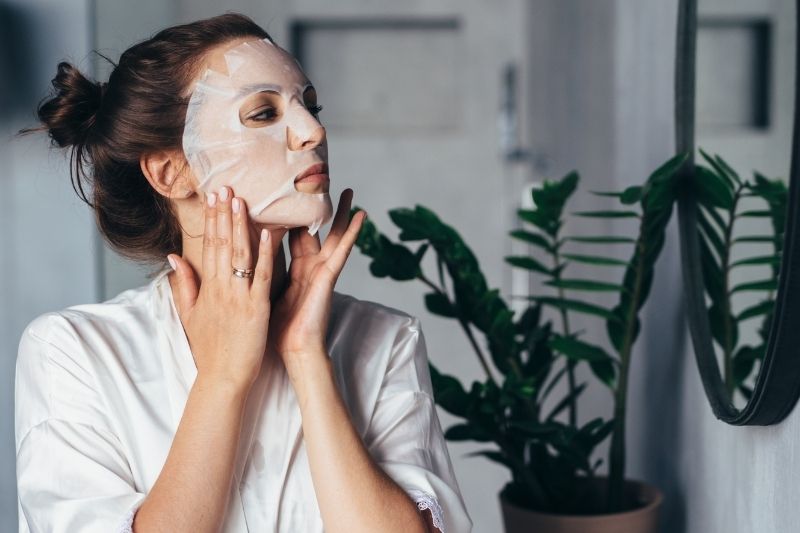
Related Articles
Kester Black is Paving the Way for Sustainable Beauty
